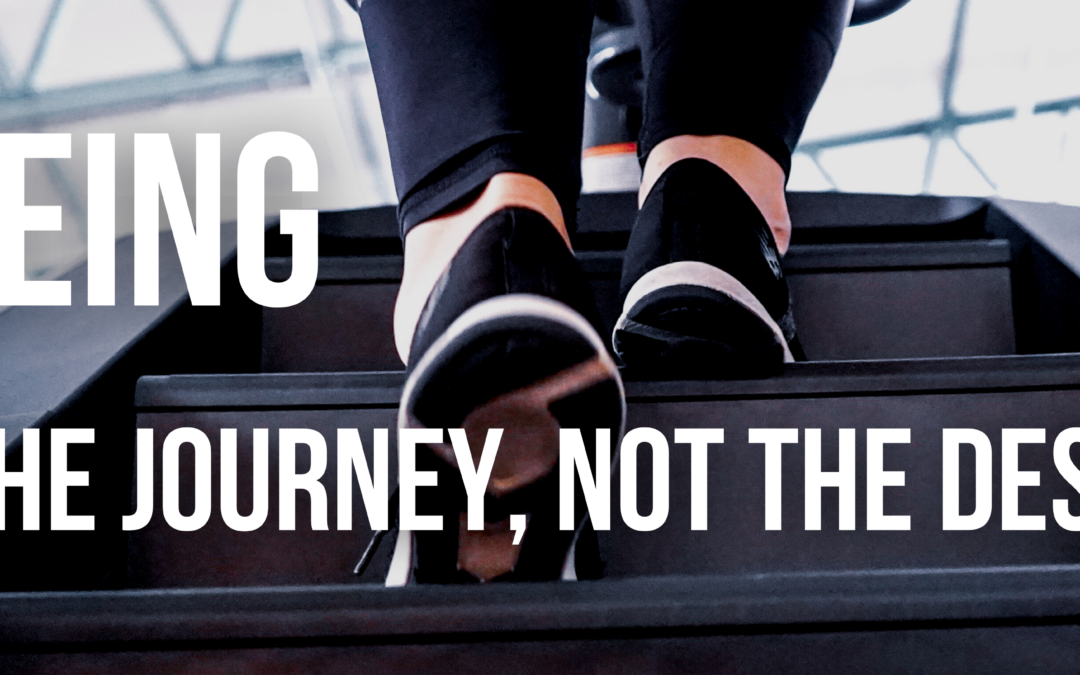We’ve all done it. Enthusiastically made our new year’s resolutions, believing that we’ll somehow change overnight. We tell ourselves that this time, it’ll be different. This time, we’ll stick to the plan.
February comes around and we find ourselves in the same position. The gym bag is still collecting dust in the hallway, the kale remains untouched in the fridge and once again the results we wished to see have not yet arrived.
However, change doesn’t happen overnight. Instead of fixating on specific outcomes, let’s focus on changing habits and the process that comes with it!
A habit is something that we do regularly without even thinking about it. Before you can form good habits, you need to recognize the habits that may be holding you back. Try picking out a few of your current habits that are stopping you from seeing the results you want.
Is it that you are snoozing your alarm multiple times before getting up? Are you spending hours and hours scrolling through social media? What is it that’s creating a barrier to getting you to where you want to be? Make a list to look back on later.

When climbing a ladder, you don’t just magically get to the top, you have to take one step at a time. It’s the same when setting goals and shaping your lifestyle. If you try and change too much at once, you’re setting yourself up to fail. Start by picking just one goal to focus on. Success in one area builds confidence to make more changes in the future and once you’ve got one habit embedded, you can add another and another.
Once you’ve decided on your initial goal, it’s time to break it down into smaller, more achievable chunks. Recognizing the habits that you need to introduce or change, is a great starting block in the process to reaching your desired goal. With habits, thinking small can be the best way to bring out the greatest change.
By introducing a good habit, you’re more likely to push out some of the bad ones. An example would be, if you wanted to go to the gym before work but always feel too tired in the morning, the new habit would be to go to bed earlier. This might mean you get more sleep and therefore wake up feeling refreshed and more likely to get yourself in the gym. Try writing a list of all the new habits you’d like to implement that would give you a better chance of achieving your goals.
Look back on the list of bad habits you made a note of earlier. You may now notice that some of your new habits are the opposite to those bad ones. Putting them side by side is a good way to understand and see the benefits of introducing better and healthier habits into your lifestyle.
Most importantly, remember the why. Remember what made you want to make changes to your lifestyle in the first place. Reminding yourself of the reason behind it can really aid you in succeeding. So, take the time out to work out what matters the most to you, and why you would like to make a change. Having a visual reminder of this can be an effective way to keep yourself on track to achieving your goals.
Jessica Surman

